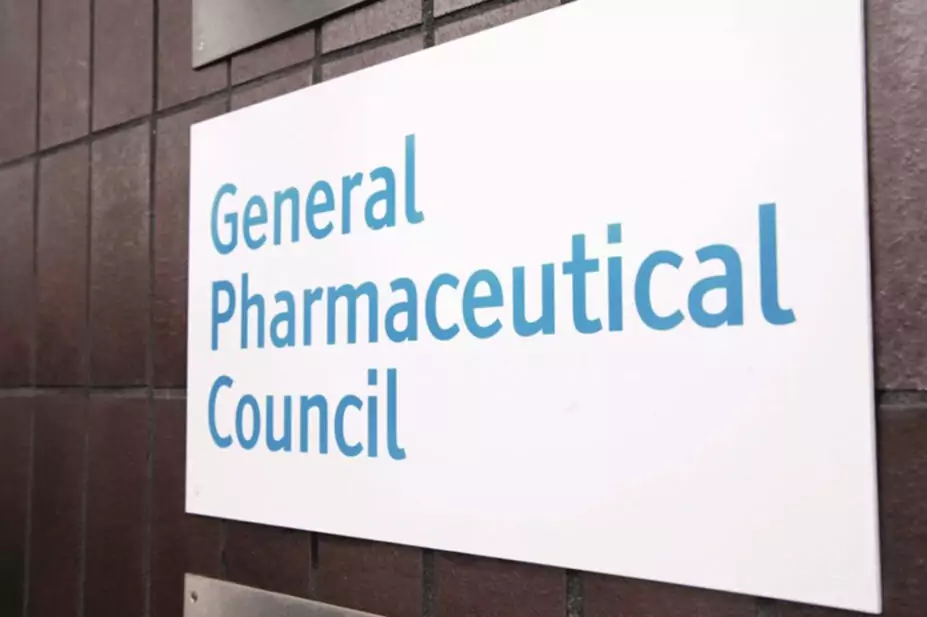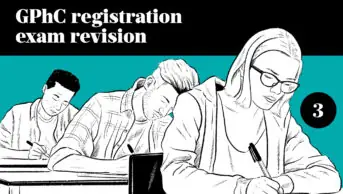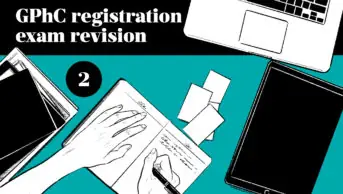
General Pharmaceutical Council
A survey of more than 3,800 pharmacists on a proposed increase of registration fees by the General Pharmaceutical Council (GPhC) has revealed that the majority of respondents back calls for a reduced registration fee for pharmacists on lower incomes.
The Pharmacists’ Defence Association (PDA) carried out a survey of its members, which found that 84% of respondents favoured registrants on a lower income paying a reduced income fee.
The GPhC consultation on a 7.5% increase in registration renewal fees for pharmacists, pharmacy technicians and pharmacy premises ran between 16 May 2023 and 8 August 2023.
It proposed that pharmacist renewal fees would increase by £19 from £257 to £276; pharmacy technician renewal fees would rise by £9 from £121 to £130; and pharmacy premises renewal fees would go up by £27 from £365 to £392 from April 2024.
The PDA said that more than 80% of respondents to its survey confirmed that they paid their own GPhC registration fees, with more than 84% of respondents backing a reduced income fee for those on lower incomes. This is despite the survey showing that only around 30% of respondents said they worked part time, and so are more likely to be on a lower salary.
In a statement announcing the results of the survey and its submission to the GPhC fee consultation, the PDA said: “The benefits of a standard flat low-income concession would be fairer to both pharmacists … and to pharmacy technicians on a low income.”
The PDA said that, before the GPhC’s creation, the Royal Pharmaceutical Society of Great Britain — the previous pharmacy regulator — had offered a low-income fee concession and that “approximately 10% of pharmacists were claiming that concession”.
It added: “The GPhC predicts a year-on-year increase in the number of pharmacist and pharmacy technician registrants. Similarly, there is an anticipated decline in the number of registered pharmacy premises.
“This means that the proportion of GPhC income derived from premises will be notably lower year-on-year yet the cost of regulating premises and especially the regulation of online premises is rising significantly.
“The GPhC needs to evidence the basis on which it is proposing to raise fees by the same percentage across each registrant group.”
The Royal Pharmaceutical Society’s (RPS’s) response to the GPhC fee consultation, submitted jointly by the chairs of the English, Scottish and Welsh pharmacy boards, said that, while they “welcome some of the efforts made by the GPhC to reduce their cost base”, they “believe that these should be taken further so that any fee increase is reduced”.
In a joint statement, the RPS chairs said: “The registration fee is not optional for registrants, they need to be registered to be able to make a living, and therefore, this needs to be taken into consideration when increasing the fees. As GPhC made a surplus of £2.5m last year, over and above the expected surplus of £0.8m, this brings into question whether a fee increase is required at all.”
Calling the GPhC “out of step” with other regulators, such as the General Medical Council — which provides discounts for those who are currently not practising, such as those who are undertaking parental leave — the RPS chairs said the GPhC should “consider their approach to registration for these professionals, enabling fees to be significantly reduced during this time when they are not practising”.
A statement published on the GPhC website on 22 August 2023 said a previous consultation on fee increases in 2021 received responses “largely in favour of retaining a flat-fee structure rather than bringing in differential fees”.
“Differential fees have emerged in a number of responses in our latest consultation. We will consider all the points raised as part of the general feedback, including those around differential fees, before we reach a decision,” it said.
A spokesperson for the GPhC said: “Our consultation on fees has now closed and we are in the process of reviewing all the responses received. We will publish a report to our governing Council in autumn on the feedback received, including the points raised by the PDA, and this will be taken into consideration in any final decisions around increases in fees. The consultation report will be publicly available in Council papers.
You may also be interested in

Hospital pharmacist trainees more likely to pass registration exam than community trainees, finds analysis

Preparing for the GPhC registration exams: how to revise learning outcomes relating to clinical knowledge and therapeutic approaches
